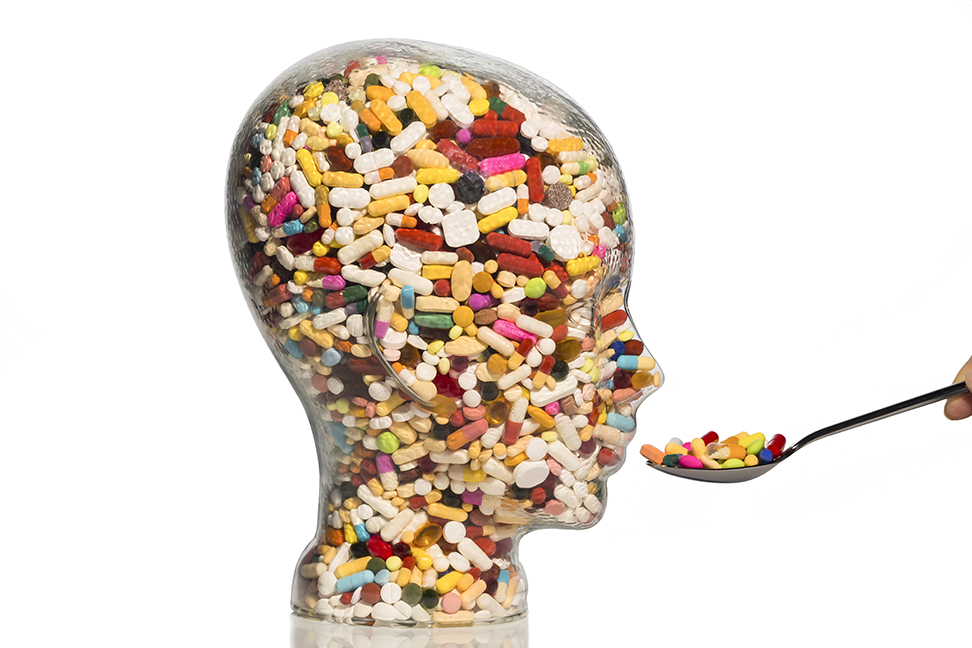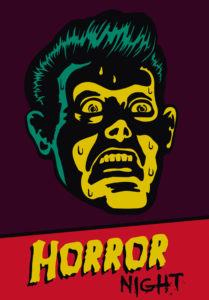A placebo is a pill without active ingredients; a sugar pill or starch pill. Placebo is Latin for “I shall please.” It also refers to a technique, such as a fake bit of surgery or pretend psychotherapy. In 1955, H.K. Beecher began exploring this approach after finding that the condition of almost one-third of the sick people in his studies improved after being given placebos.
This news hadn’t reached me in 1991 when I signed up as a volunteer for a study of a prostate drug called Finasteride. For seven years I took a pill daily and visited an Oakland medical center every six months for an exam. I decided they were giving me the real McCoy, and the exams indicated positive results. Then came the biopsy. I was in the placebo group, and my PSA shot upward. Maybe I should have heeded Alexander Pope. He said, “Blessed is the man who expects nothing, for he shall never be disappointed.”

The benefits of Prozac and similar anti-depressant drugs may be attributed almost entirely to the placebo effect, says Irving Kirsch, a University of Connecticut psychologist. His research indicates that the expectation of improvement accounted for 75 percent of the effectiveness of Prozac and similar drugs.
Which reminds me of the woman ahead of me in the line at the drug store counter. She was commenting on how helpful her medicine was, thanks to the comments of her pharmacist’s co-worker. “Oh, what did he advise?” the cashier asked. The woman pulled a pill out of the bottle and said, “Be sure that the green half goes in first.”
According to a book entitled Follies & Fallacies in Medicine, a doctor’s manner and confidence, and the patient’s faith in the physician are almost guaranteed to produce an improvement and sometimes a cure.
There’s a challenge of naming a placebo. I found these: Confabulase, Deludium, Hoaxacillin. Another discovery: there’s no truth to the rumor that doubling the dosage of a placebo will improve test results
The attempts for increased longevity often hinge on fakery. In 600 B.C., Chinese Taoists recommended eating food consisting of animals with long life spans. Perhaps that explains the popularity of turtle soup and elephant chowder. During the 13th Century, Roger Bacon achieved distinction for his attempts of alchemy—the conversion of base metals into gold. He also sought an elixir of immortality. His potion, however, contained arsenic, sulfur, mercury, and other poisonous compounds. You won’t read about any Methuselahs from that era.
Ponce de Leon searched for the fountain of youth in 1513 after becoming Puerto Rico’s governor. In St. Augustine there’s a park dedicated to the idea, and tourists really go for the bottled water.
A man named Serge Voronoff came up with a theory that internal secretion of the testicles preserves a man’s energy and stimulates the mind. To test his idea, he grafted testicles of young sheep onto old rams. He reported that the rams were rambunctious—full of energy and vitality. Next, he rounded up some elderly men, but he struck out when it came to finding young male donors. That didn’t stop Voronoff. He grafted the gonads from monkeys onto the old men. The experiment was a great success, he claimed. His test subjects, the geezers, were really gallivanting.
Alas, by the time of Voronoff’s death in 1951, many of the grafts had been rejected. Another problem: the monkeys suffered from syphilis, and most of the old men ended up with this disease.
You might say, beware of researchers bearing gifts that sound too good to be true.
